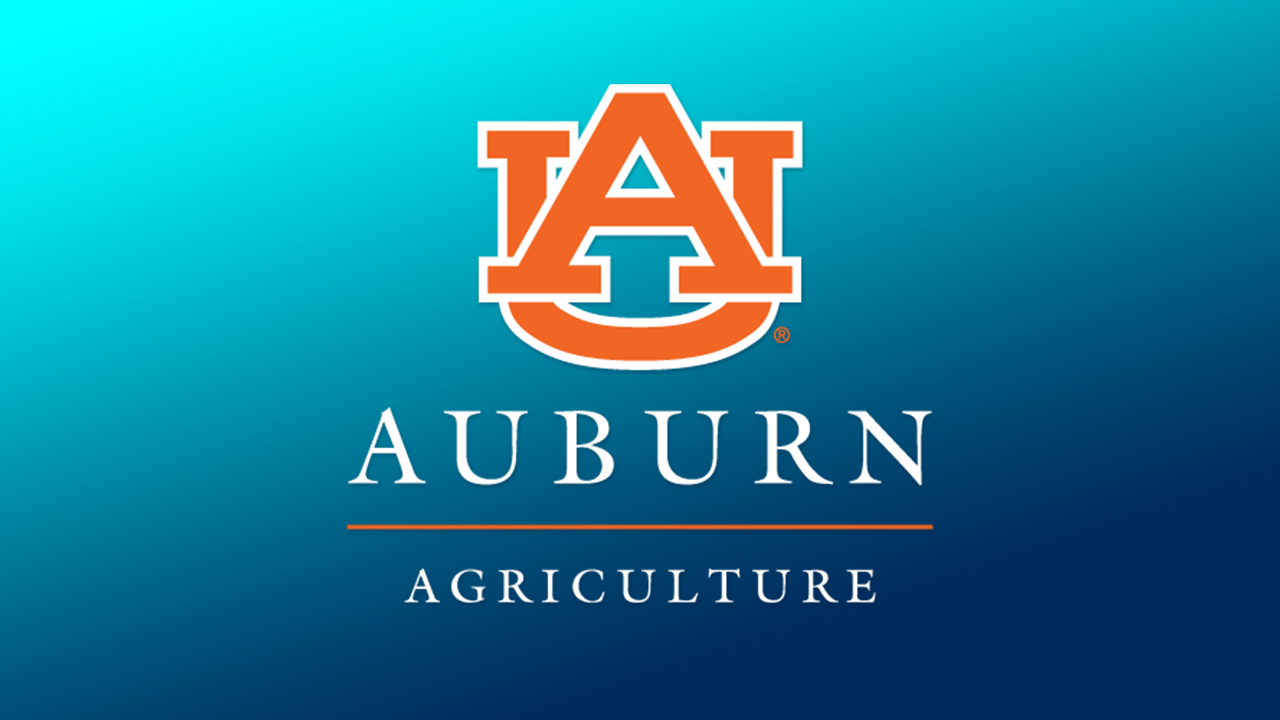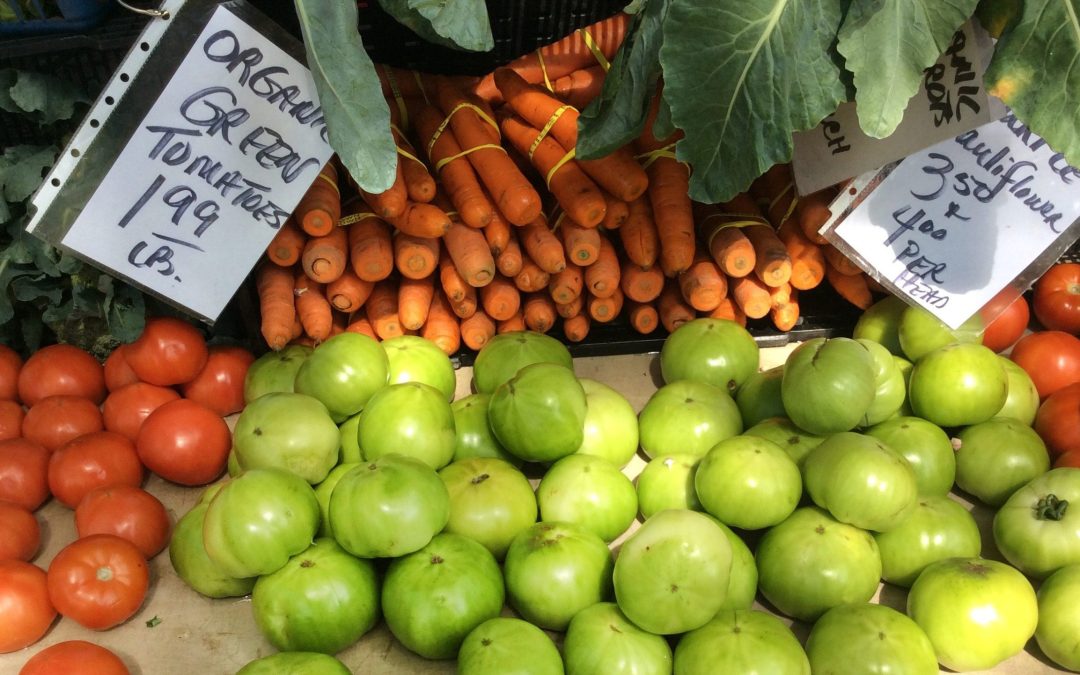By Adam McGhee,
A New Peanut Cultivar released from Dr. Chen’s Lab in February 2021
The College of Agriculture’s Cultivar and Germplasm Release Committee met via Zoom on Feb. 11 at the request of Dr. Charles Chen, professor and peanut breeder/geneticist, for approval for release of his peanut advanced breeding line “AU14-34” as a formal cultivar.
The line has been approved for release under the official name of “AU Chuck,” after Auburn University basketball legend Charles Barkley. The new cultivar, which is a Virginia-type peanut, is also awaiting reviewing by the Athletic Office.
It has a prostrate growth habit with a main stem. Seeds of AU14-34 are pink testa seed coats. AU14-34 flowers approximately 35 days after planting and is of medium maturity of 140 days in the Southeastern growing region. It is high-yielding, tomato spot wilted virus (TSWV) resistant, leaf spots tolerant, high grade, and possesses superior shelling characteristics. It has high oleic fatty acid content and good flavor. The hundred seed weight of AU14-34 is 95.5 g. Severn Peanut Company located in North Carolina will grow approximately 2,500 pounds of breeder seeds for foundation seeds in 2021. Chen is leading the Auburn University Peanut Breeding and Genetics Program with faculty from the Department of Crop, Soil and Environmental Sciences includingMr. Kris Balkcom, Dr. Alvaro Sanz-Saez, Dr. Yucheng Feng, Dr. Steve Li, Dr. Audrey Gamble, Dr. Brenda Ortiz and Dr. Alex Harkess, who work together as a Peanut Team to solve problems that challenge Alabama peanut growers.
Alabama Private Well Program educates public on well water quality
The Alabama Private Well Program was initiated in 2020 and developed by Eve Brantley, Jessie Curl and Laura Bell in response to a statewide gap in education and resources around testing and maintaining private well water quality.
Prior to the development of the Alabama Private Well Program, information regarding important topics surrounding well health, maintenance and owner responsibility were either nonexistent, severely outdated or difficult to find due to their dispersal across various industry websites. Alabama Cooperative Extension System county extension coordinators lacked the resources and tools needed to provide reliable answers and insight for concerned well owners.
Because groundwater is a source of drinking water for about 44 percent of the state’s population, the issues and concerns regarding well health are at the forefront of public safety, both for individuals who rely on private well water, and private well owners who may inadvertently contribute to groundwater contamination. The Alabama Cooperative Extension System recognized these needs and responded by contributing funding to the development of the Private Well Program from 2020-2021.
In the first year of funding, the developers of this program successfully connected with interested parties in the Alabama Department of Public Health and extension networks to develop an interdisciplinary group of individuals who are interested in helping spread the word about the program. A website presence was developed to host all documents created for the program, and a comprehensive list of private and public water testing labs was quickly added to the platform repository.
Seven trainings have been prepared for hosting upcoming meetings with ACES county extension coordinators, and web content continues to be posted on the extension webpage. Phase II of the Private Well Program includes plans for an online training and additional print resources.
For information about the Private Well Program, visit aces.edu, or email ALwells@auburn.edu.





